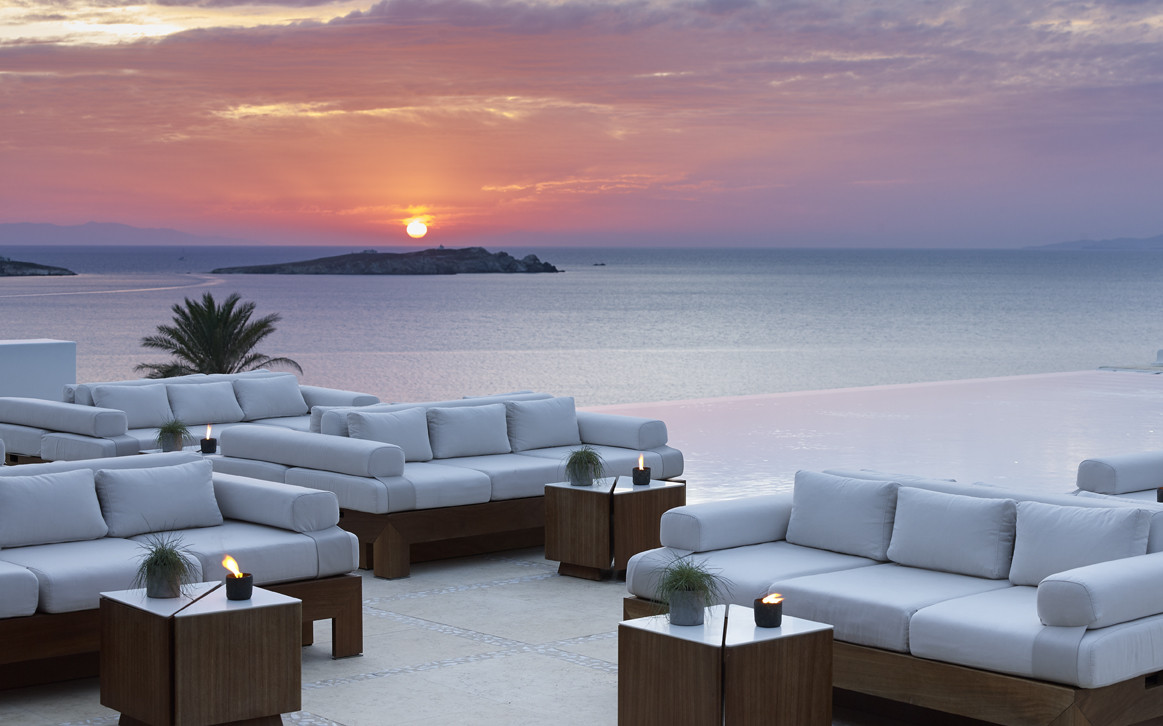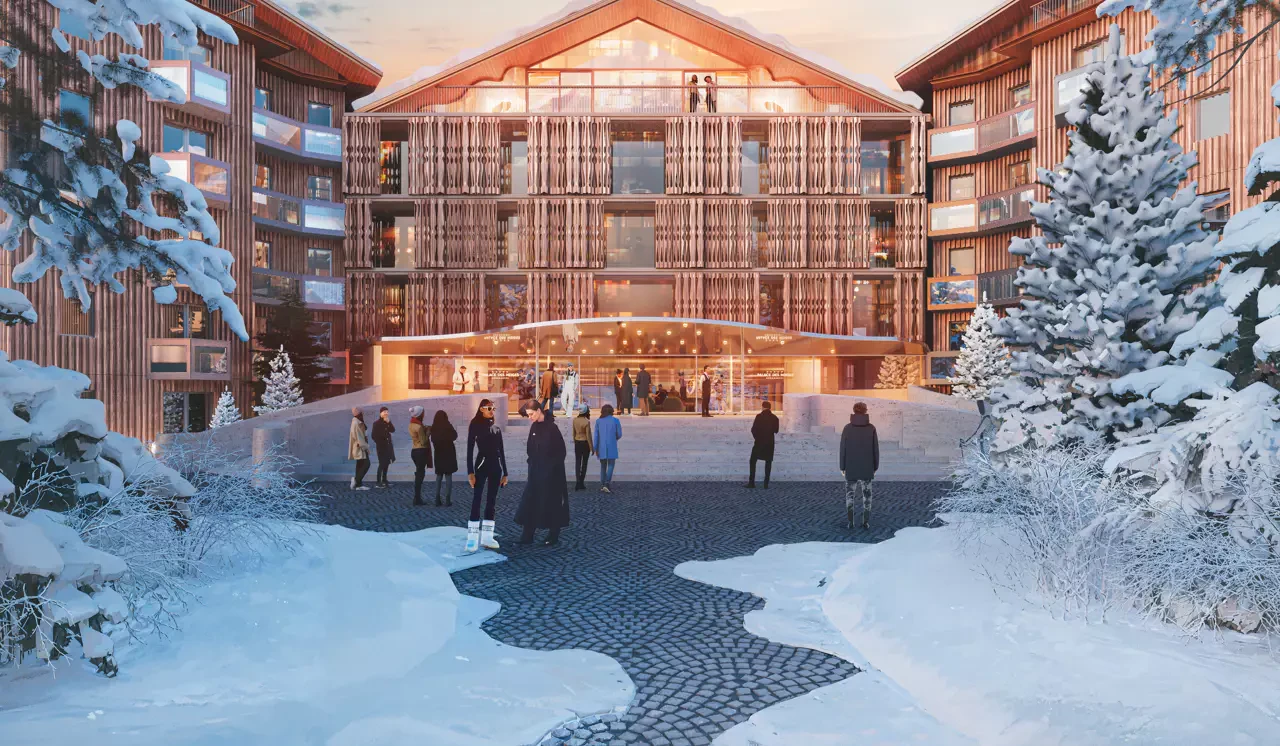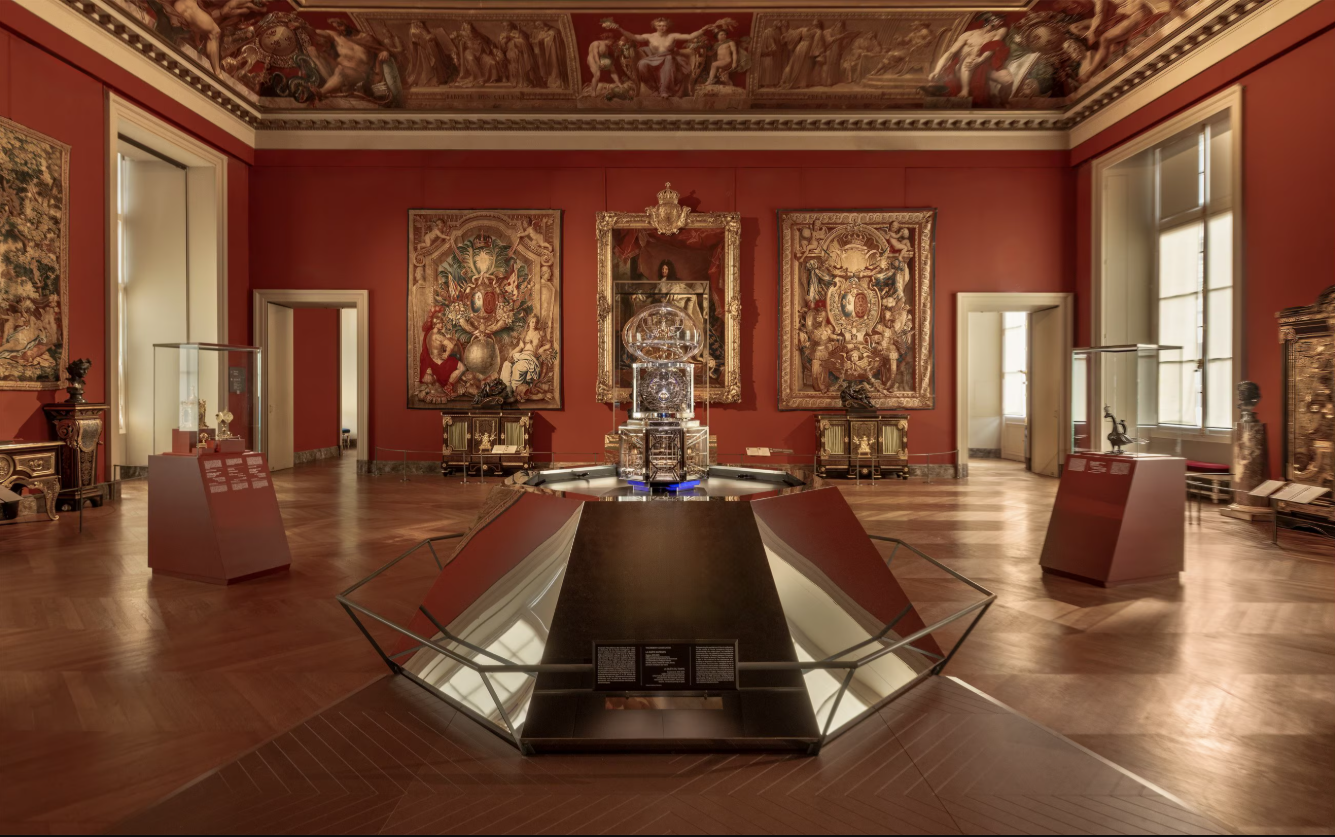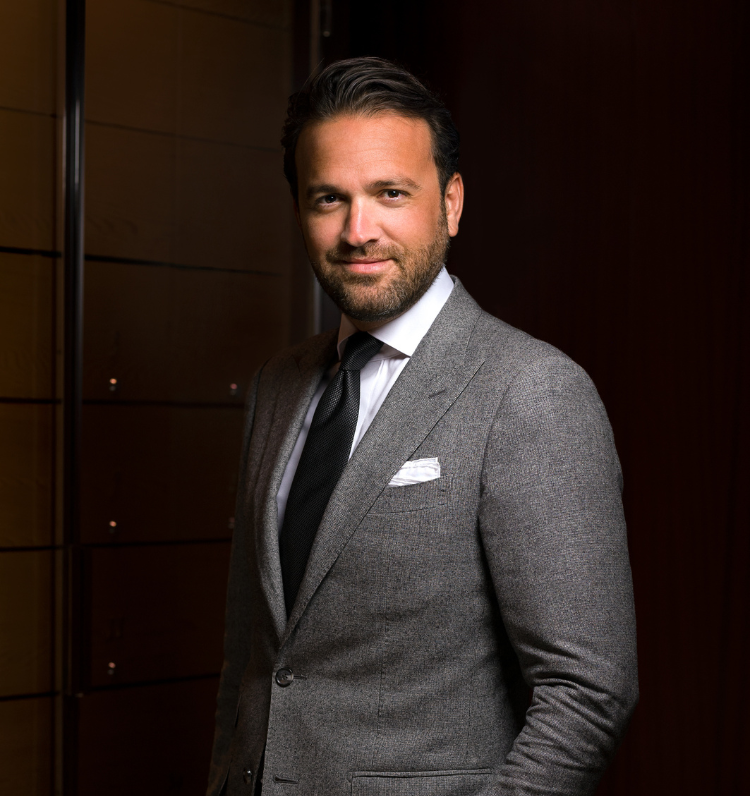Ted Teng’s expertise has been reaching out for the past 40 years in the hospitality industry. After supervising the growth of several of the most renowned hotel brands – Westin Hotels, Starwood Hotels & Resorts, Wyndham International, Sheraton… – as CEO and operations director, he joined for 10 years the team of the Leading Hotels of the World. There, he breathed a new orientation to luxury accommodation and centered it on the client rather than on the product. A new era then began for LHW, and propelled the consortium at new heights in terms of revenues and innovation, namely technological. True mentor of current and future generations of hoteliers (School of Hotel Administration of Cornell University), he accepted to explain his own vision to vendom.jobs, the very one that altered and would be shaping for a long time still the face of hospitality and, more widely, of high-end service.

Vendom.jobs – Can you provide an overview of your former function?
Ted Teng - In April this year, I stepped down as president CEO of Leading Hotels of the World after serving in that role for over 10 years. I rejuvenated a wonderful institution and brand, serving individually branded hotels mostly owned by families. It was a rewarding tenure working with great staff and hoteliers, as well as a very challenging role with diverse interests pulling from many different sides.
V.J. - In France, luxurious hotels have expanded out of big cities to the countryside. In your opinion, what are the future world locations for luxury hospitality to invest in?
T. T. - Luxury travellers evolve over time. They always have. The current state is “New is New”. Current travellers (mostly from developed economies) are seeking new destinations to discover. New travellers (mostly from developing economies) are seeking to visit established destinations for the first time. So there are two concepts: new destinations and new travellers.
V.J. – In your view, what are the mainstays of luxury hospitality?
T. T. – I think that the main parameter of a resort is the weather. Will the hotel be comfortable outdoors? Comfort is a very subjective concept. For a city hotel, comfort means being easily reachable from the airport and being well located for the sites guests want to visit. Upon arrival, does the hotel provide a genuine welcome? Do its guests present similarities? For example, I don’t appreciate staying at a hotel hosting conventions while pretending to be intimate. Choose your customers and serve them well. Don’t try to please everyone simply in order to fill all the rooms. It doesn’t work. I do not approve of hotels which tolerate loud and rude guests in public areas. Arrogance or snobbishness are really not my cup of tea, especially coming from the concierges. I do not like pretentious service.
V.J. - What would be your own state of play regarding its global evolution?
T. T. - Luxury hotels have been getting bigger and smaller at the same time. Room size has increased over time, while the number of rooms has decreased. There are countless undifferentiated brands, all eager to expand in the same destinations. This attitude compromises brand identity. Some brands are most consistent when they are all new, but once they start taking conversions, things change. Hotels become financial assets instead of hospitality assets. So you ask yourself if an establishment is a manufacturing business or a factory business. A manufacturing business makes stuff while a factory business builds, buys and sells factories. What goes on inside the factories is not really a concern. Hotel business is divided into hospitality business vs. hotel real estate business.
V.J. - Recruiters often complain about the lack of applicants, what would you say to young professionals to motivate them?
T. T. - In my view, employees are divided into three main segments: line service, managers and executives. Nowadays, a career evolving from line employee to president of a company is very rare. All three groups have different motivations. We compete with many different industries. Decades ago, a young person could work in a factory, a farm, or an office. Working in a luxury hotel seemed very appealing. Today, employees who work for a tech company can wear what they like. In the hotel business, employees still have to wear a uniform, enter through a dedicated entrance, have no visible tattoos, wear no more than one ring per hand, etc. We have to change our value proposition to attract employees. The days when hoteliers arrogantly thought they had the power with everyone wanting to work for prestigious hotels is mostly over. I see companies rethinking their organization. I see work being contracted out instead of done in house. I see some hotel segments offering much less services. I see huge changes in the hotel industry, because the “work” in businesses has changed.
V.J. – Hospitality and the ways of travelling have evolved quite rapidly over the last 20 years, also thanks to digital tools. What will be the next step to anticipate in your opinion?
T. T. - How “work” gets done is rapidly changing in the business and will have a huge impact on hotel industry. During my 40-year career, two elements have changed the most: hotel ownership and distribution. Technologies not only altered hotel functions, but also changed the nature of work in general. AI and robotics are two areas aimed at changing work in general.
V.J. - The industry is currently facing strong competition, especially with high-end rentals. How can it overcome this challenge?
T. T. - I had a conversation with Leonardo Ferragamo, as manager of a company owning hotels, as he wanted to have my opinion on Airbnb. I replied that your view on Airbnb depends on how you perceive them. If you see them as a competitive product, then you have to do and be better. If you perceive Airbnb as a substitute product, then you have to be different. This view varies from hotel to hotel, from rental to rental and from customer to customer.
V.J. - Some major groups tend to create “lifestyle” collections. Customers seem to look for unexpected experiences as well as for high personalization. Could “lifestyle” brands be the right answer?
T. T. - No. Product centricity can only go so far. Only true customization can win in luxury.
V.J. - Finally, what is the best way to stand out?
T. T. - It depends on who you are, what environment you are in, why you want to stand out, and to whom you want to stand out for.
V.J. - What is your very own luxury?
T. T. – To me, luxury represents what you want but do not have enough of. To an aspiring actor, fame is luxury. To a celebrity, anonymity is luxury. Fresh air is free in the Alps, but it is a luxury in some polluted cities, regardless of your wealth.
(Photo credit: Bill & Coo Mykonos)





